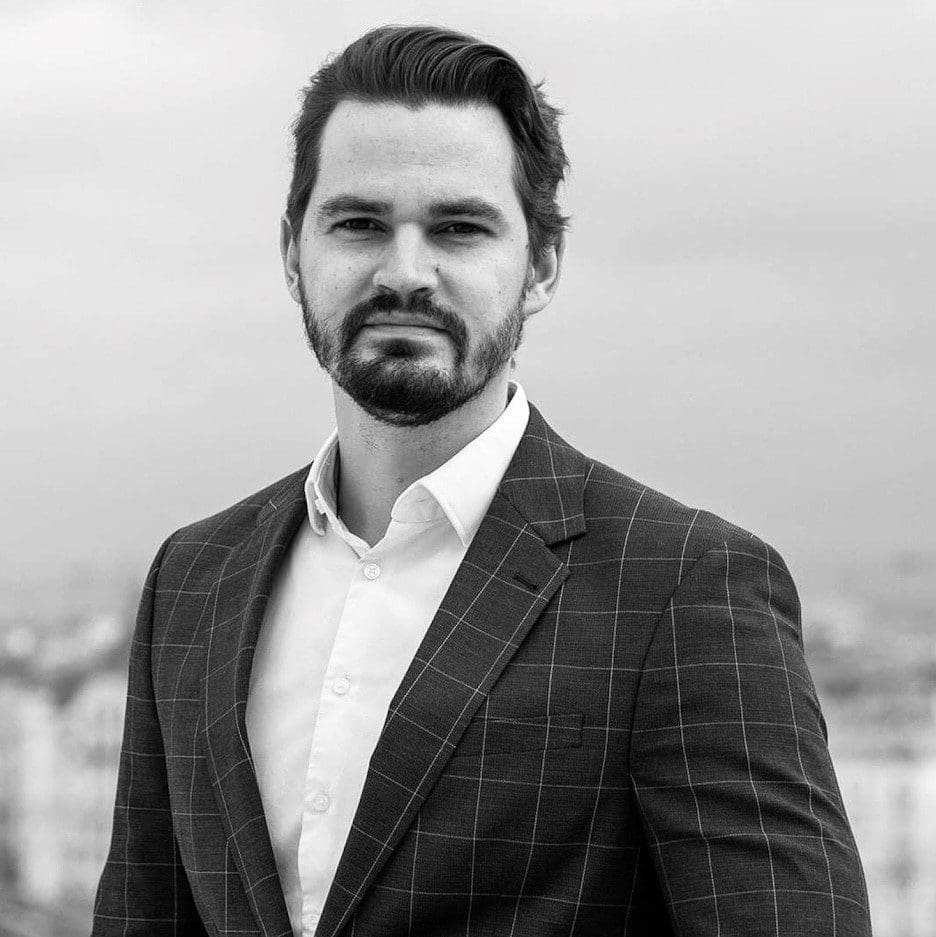



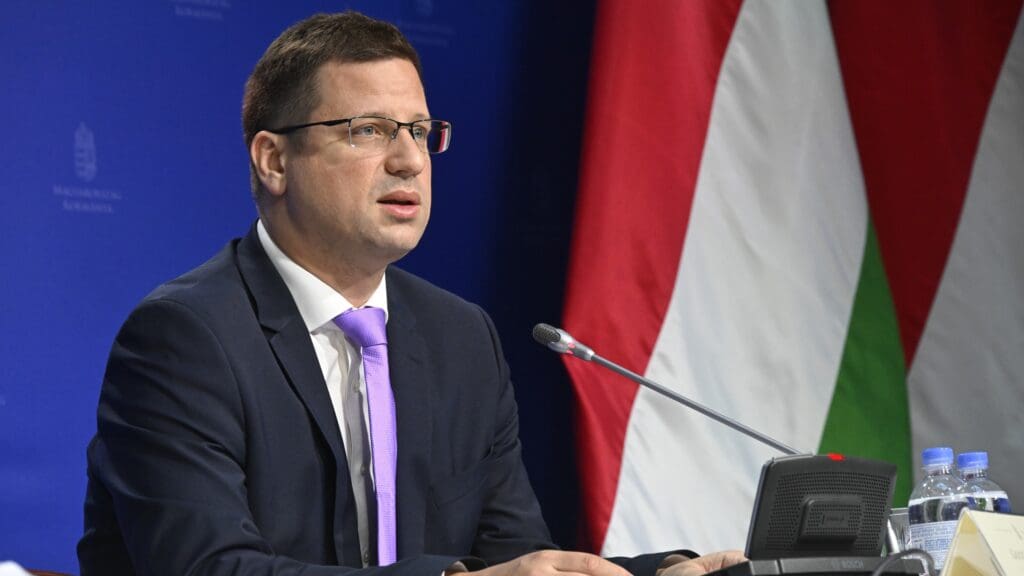
At the weekly government press briefing last week the Hungarian PM’s chief of staff, Minister Gergely Gulyás stated that Hungary would not enforce the ICC arrest warrant against Benjamin Netanyahu. He declared that it is not appropriate to use a court as a political tool, and it should be remembered that the ‘utterly ruthless, disgraceful and despicable terrorist attack’ suffered by Israel was the root cause of everything that is happening in the Gaza Strip.
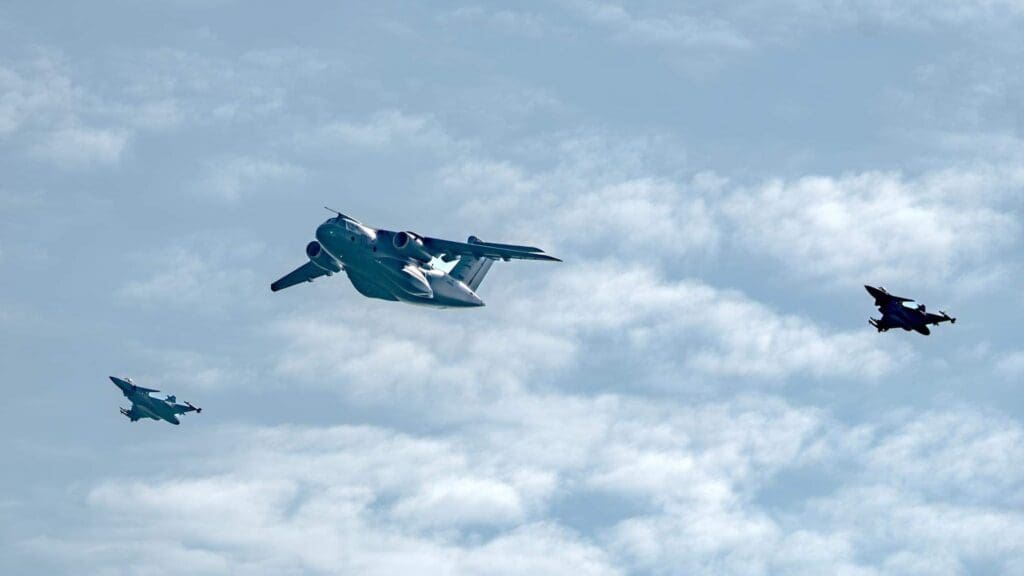
The new aircraft acquired by the HDF will also represent a niche development for NATO forces in the region, as Hungary is the second European country and NATO member state after Portugal to opt for the KC-390.
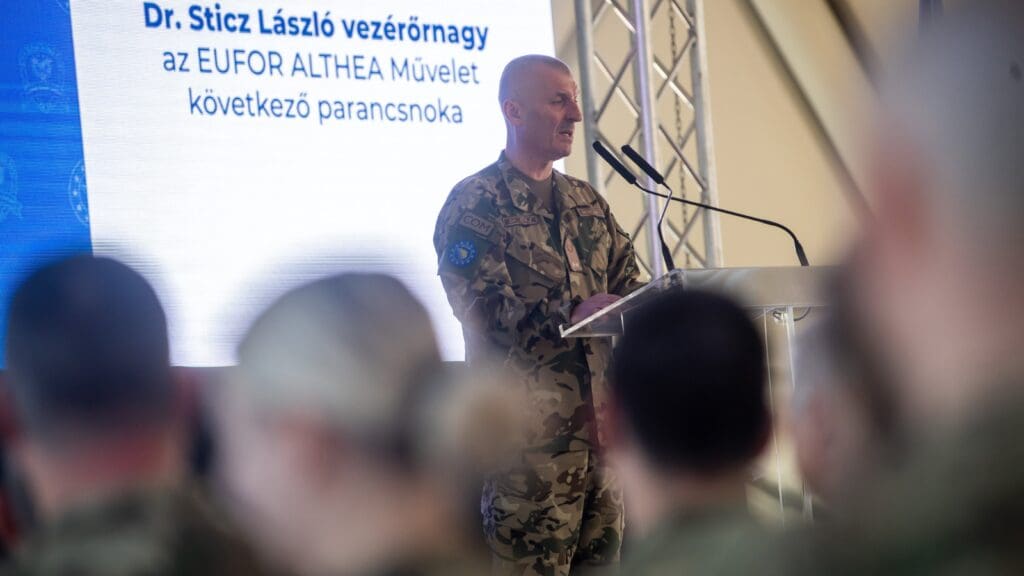
On 18 December, a release ceremony was held for the Hungarian troops of the EUFOR Althea mission. From January 2024, the EU peacekeeping mission in Bosnia and Herzegovina will be led by a Hungarian commander, Major General László Stitz.
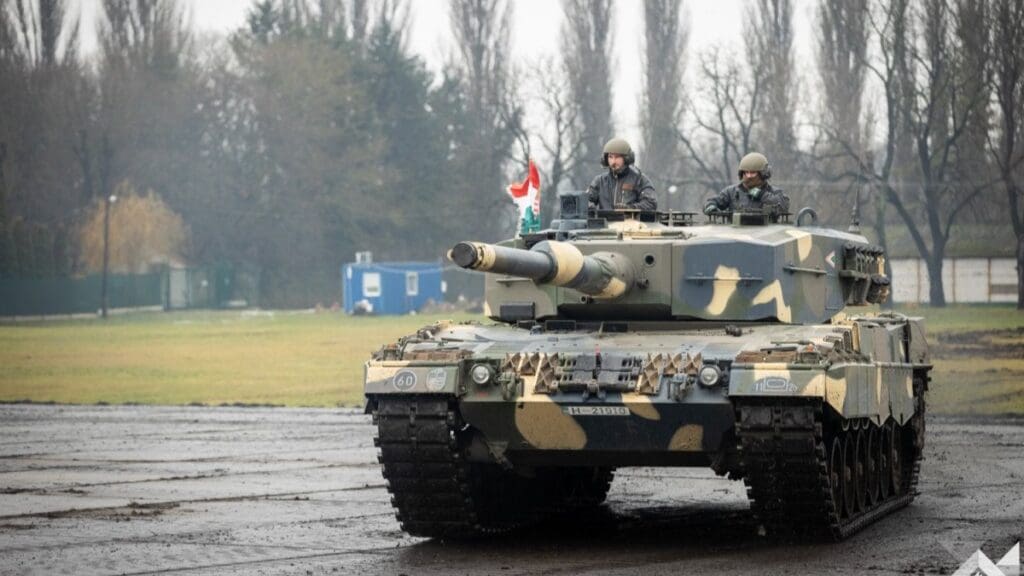
At the handover ceremony Minister of Defence Kristóf Szalay-Bobrovniczky stressed that the new 2A7HU tanks, which are among the most modern globally, ‘represent a whole new world, even compared to the A4s, and are more modern than those used by the German forces.’

The Hungarian 4iG Group and German Rheinmetall will contribute to the digitalization of the defence forces by developing digital soldier, simulation and training systems in Hungary and in certain NATO member countries in the Central and Eastern European region. In this segment, the 4iG Group and Rheinmetall expect to generate revenues of €200-300 million over five years.
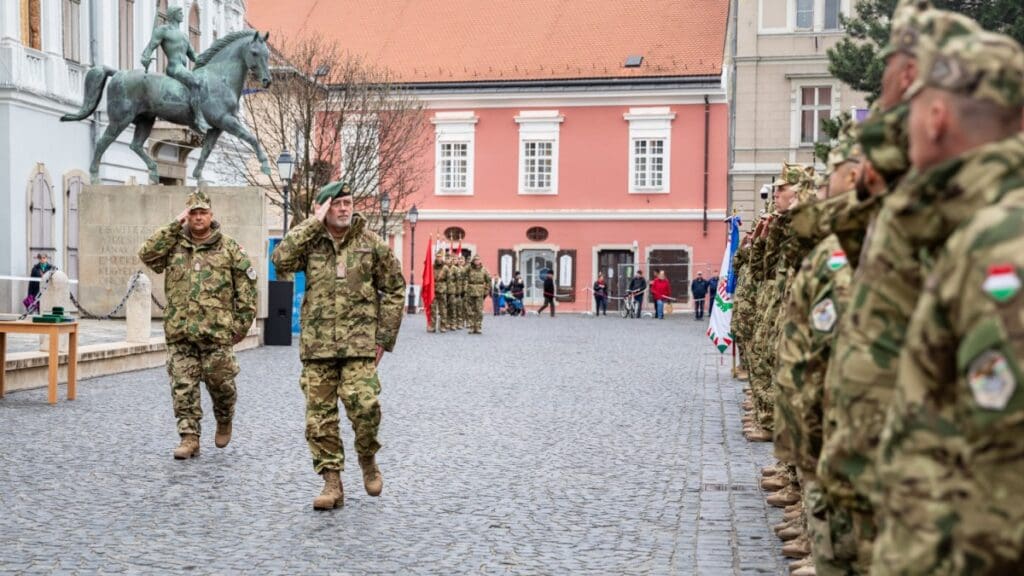
Defence Minister Kristóf Szalay-Bobrovniczky stated the Hungarian government’s position remains clear: migration must be curbed and the problem must be dealt with locally. Migration and terrorism go hand in hand, which is why Hungary will continue to contribute to NATO’s collective defence tasks and joint action against terrorism as a valued member of the alliance.
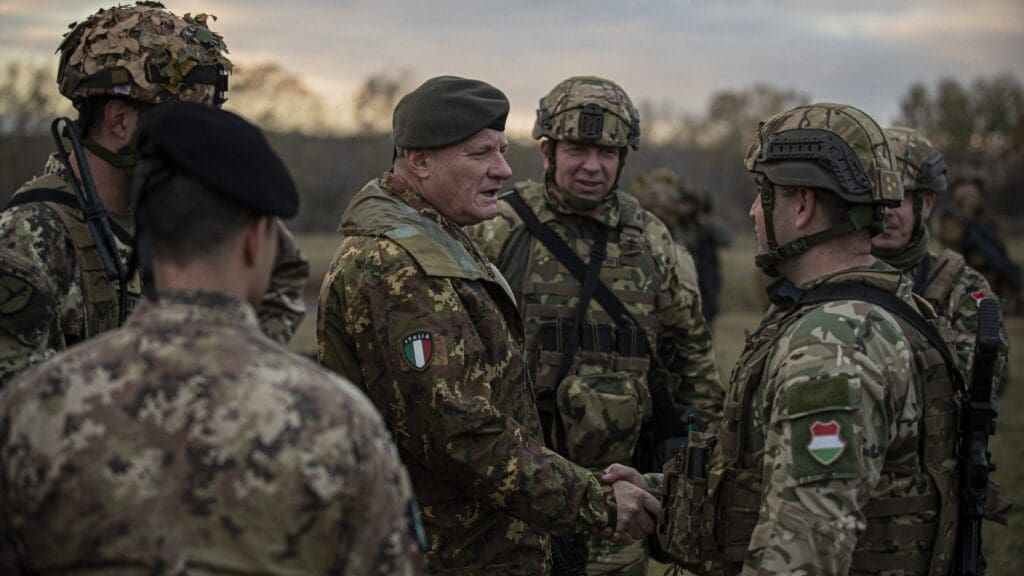
Hungary’s geographical location gives it an important role on NATO’s eastern flank and the Alliance is very grateful to Hungary for hosting one of the eight NATO battle groups, Deputy Commander of NATO’s Land Command (LANDCOM) Nicola Zanelli said in an interview with HDF website honvedelem.hu.

In the mid-2010s, the Hungarian defence industry was declared a key national economic area with the goal of providing Hungarian-made state-of-the-art defence equipment to the renewed Hungarian armed forces and make Hungary an arms exporter. Since then several major international companies have announced plans to bring their manufacturing and development capacity to the country.
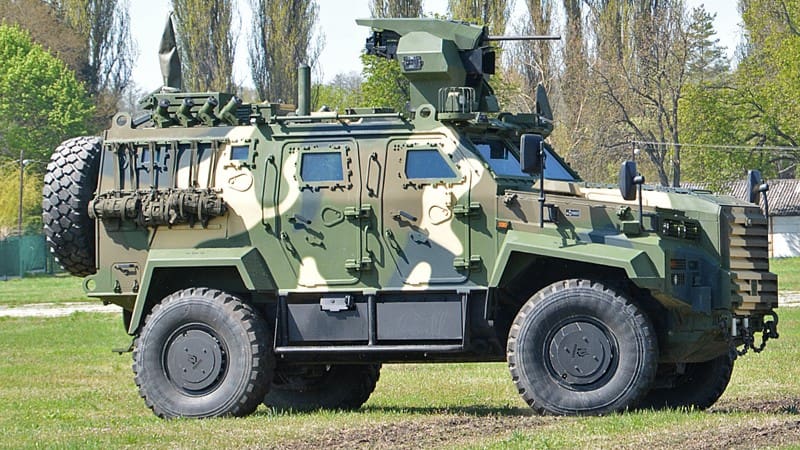
The equipping of the Gidrán combat vehicle already started in Hungary years ago, but from now on, the vehicle itself will be manufactured in the country.
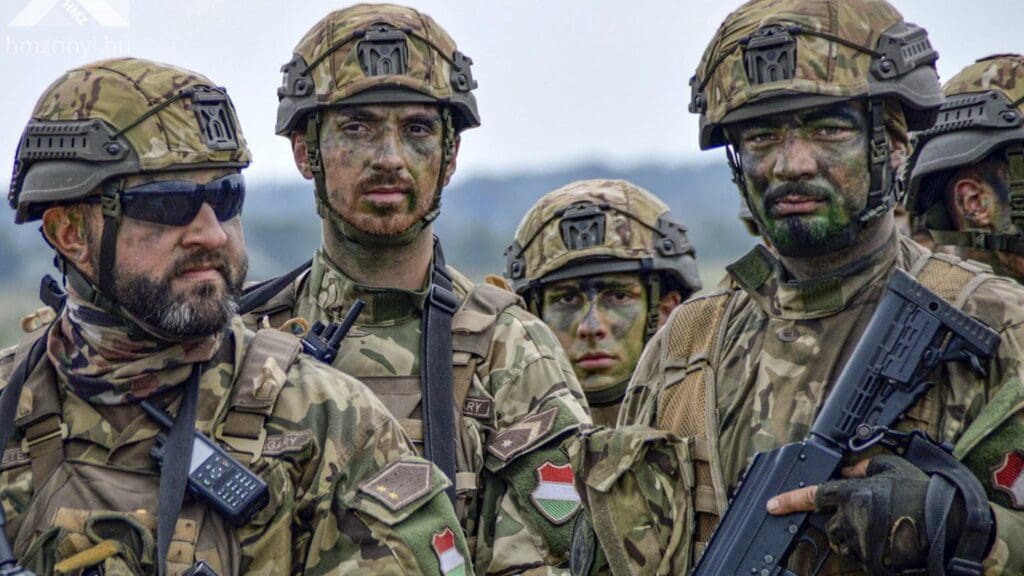
In order to achieve the objectives set by the Chief of General Staff, including mental renewal and combat readiness, the Hungarian Defence Forces will hold a broader spectrum exercise, where the HDF will not only carry out military manoeuvres in eight locations across the country, but the cooperation between the Hungarian Defence Forces and the civil administration will also be assessed.

Within just a few days, the Commission has gone from announcing a complete suspension of aid to the Palestinians to tripling humanitarian aid to them. No wonder a special summit was soon needed to coordinate EU communication on the conflict in Israel.

Let’s speak clearly: what Hamas has done is not fighting for the freedom of the Palestinians, but cruel murdering based on pure hatred. The terrorists have not made life easier for a single person who claims to be a Palestinian. Their acts have not created more jobs, more electricity or water in Gaza, and did not result in a single step forward in the process of the creation of a Palestinian state.

In addition to the Hungarian leadership, from 2024, the Hungarian Defence Forces will contribute with additional forces to Operation Althea including helicopter airlift and bomb disposal capabilities.
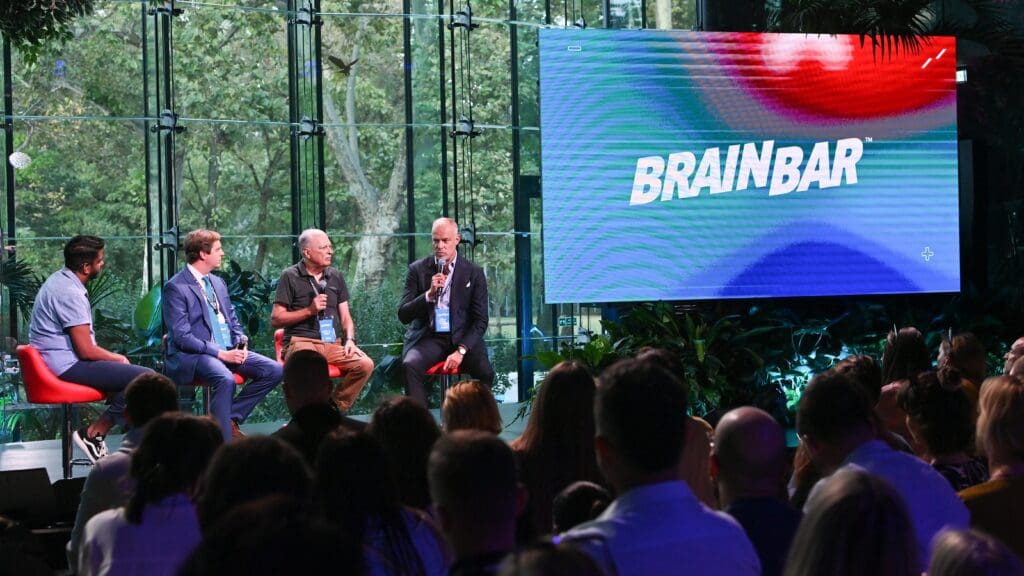
Speaking at Brain Bar 2023, Hungarian Defence Minister Szalay-Bobrovniczky argued that as long as there is an open armed conflict in Ukraine, the chances of an escalation of the war are extremely high.
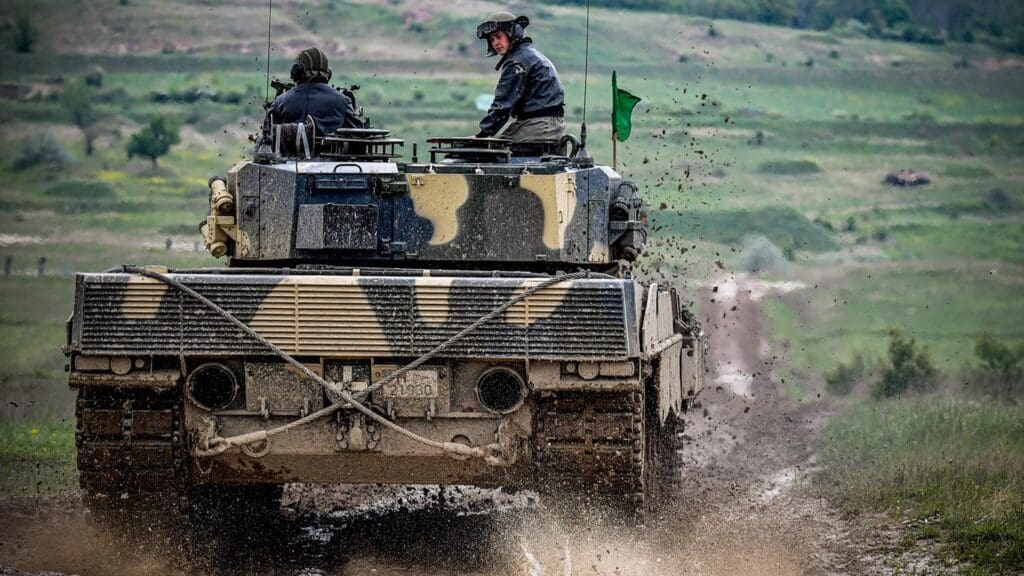
In an interview with Hungarian political daily Magyar Nemzet, Chief of the General Staff Gábor Böröndi highlighted the new capabilities Hungary is contributing to NATO’s collective defence, and the extent to which the experience of the Russo-Ukrainian war has changed procurement plans and objectives.
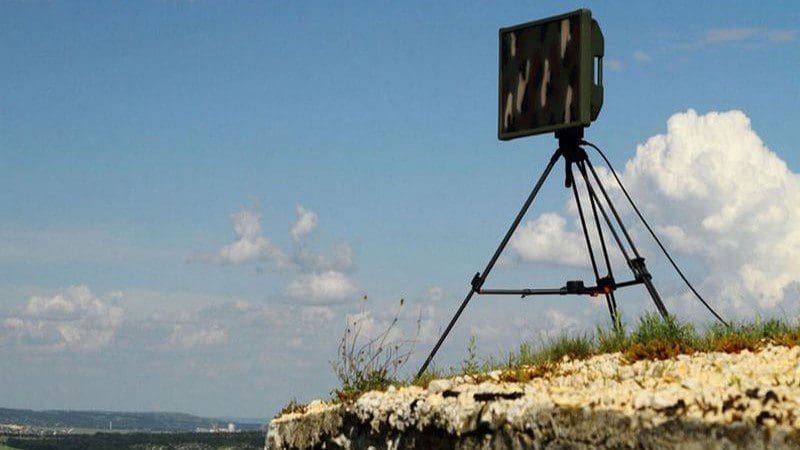
Hungarian defence industrial company Pro Patria will provide situational awareness for those on the front line with some of the best radar technology available.
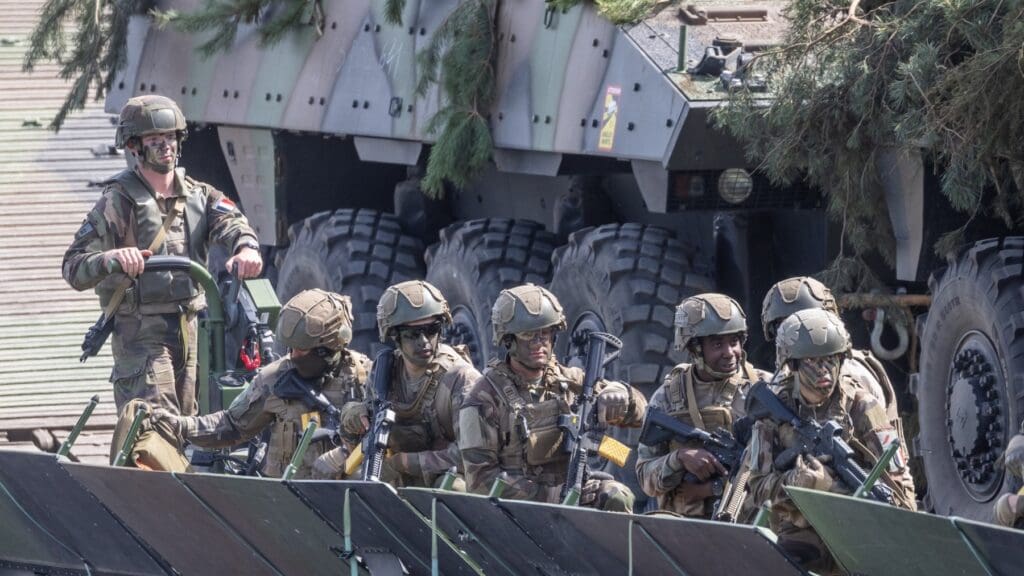
Besides supporting EU’s EDIRPA and ASAP initiatives, Hungary has also been participating in joint capacity building and procurement programmes with France and Germany.

Although Hungary had already cooperated with the alliance during the Yugoslav wars, 9/11 was the first major event when the country had to demonstrate its commitment to the alliance and collective defence as a full-fledged member of NATO.
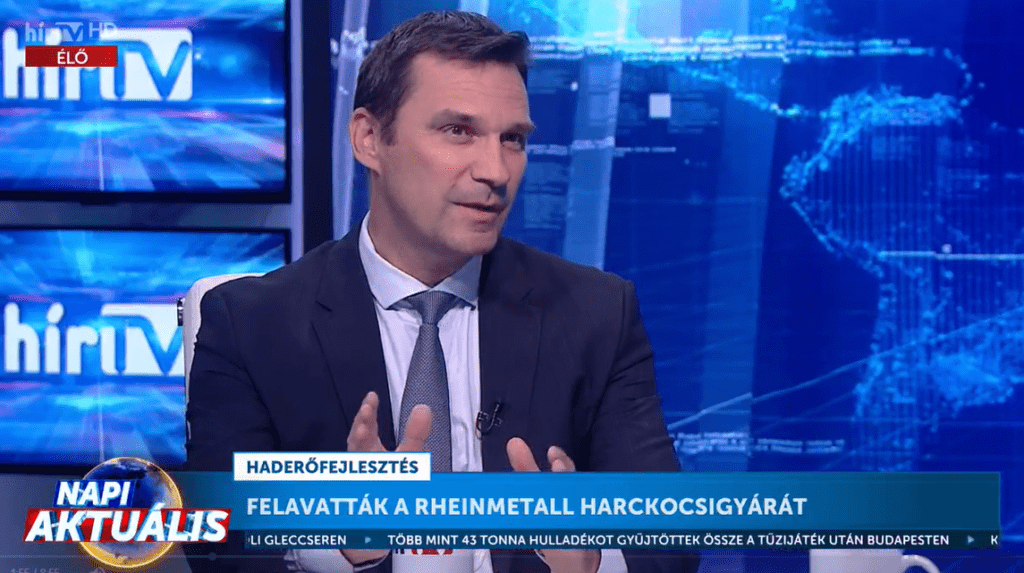
‘Big companies are coming to Hungary with R&D budgets that are significant in themselves. Rheinmetall, for one, is the twenty-fourth largest company in the world’, Hungarian Ministerial Commissioner Imre Porkoláb underlined in a recent interview.
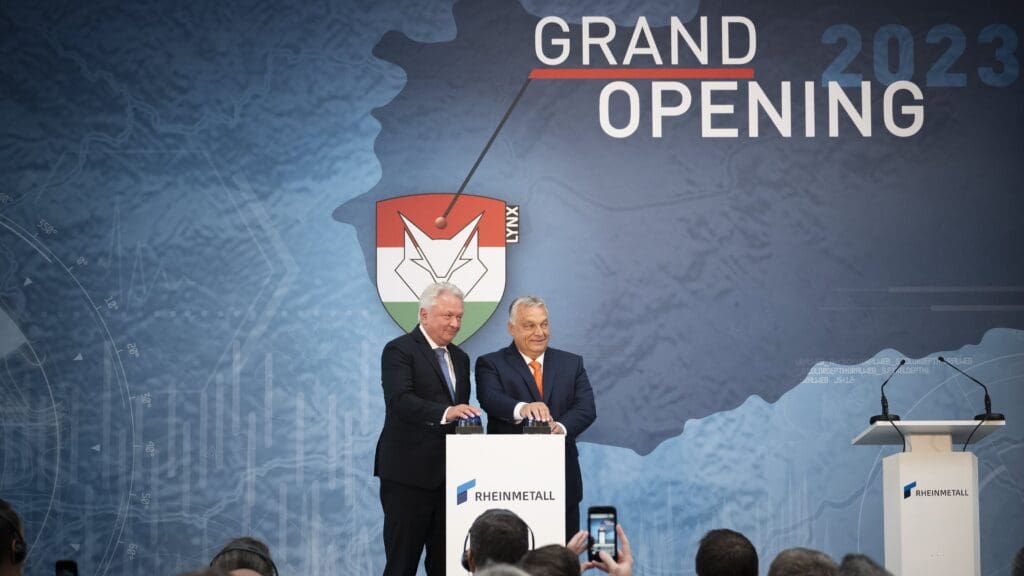
‘If I heard about a country that produces and develops military technology together with Germany and Israel, I would think twice before I would mess with it. And this is good news for all Hungarians,’ Hungarian Prime Minister Viktor Orbán underlined at the opening ceremony.
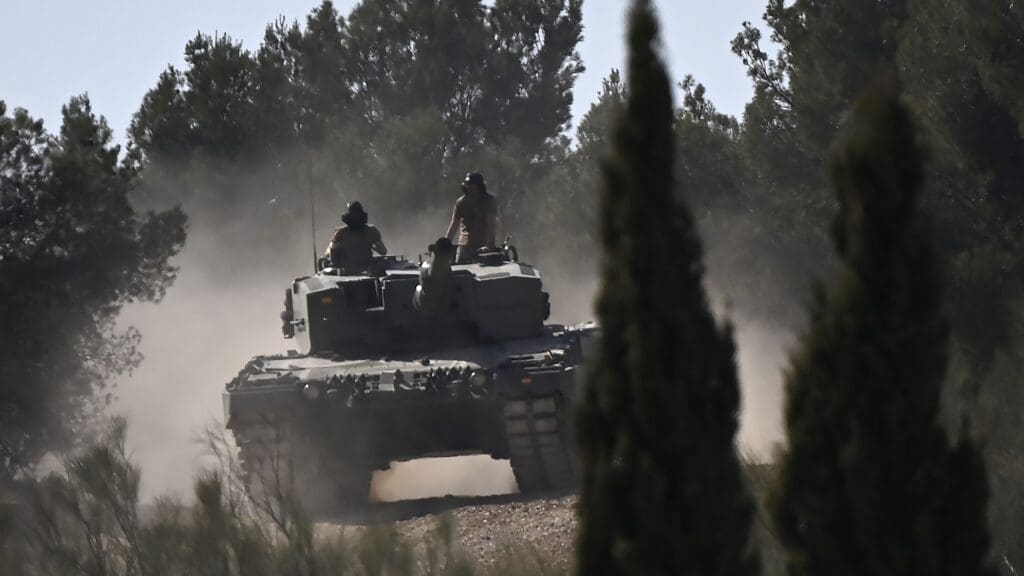
It could be argued that modern tools and methods are part of what shapes the outcome of war, but not the decisive factors, as they have not brought about the drastic change in the pattern of war that many expected.
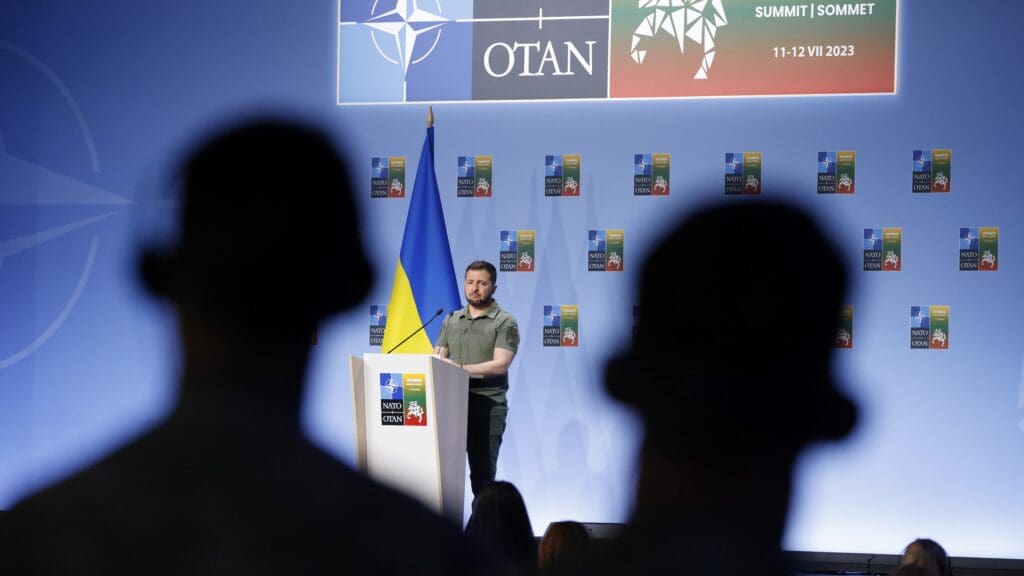
At first glance, the declaration of wanting to see Ukraine in NATO does not seem much more than what the country was already told in 2008. But the truth is that Ukraine is closer than ever to joining the Alliance, which was indicated not only by the unanimous adoption of the closing communiqué, picturing Ukraine’s future within NATO, but also by the fact that Ukraine can skip the preliminary Membership Action Plan (MAP) that every other post-Soviet country had to undergo and negotiate defence issues as an equal partner in the established NATO Ukraine Council.
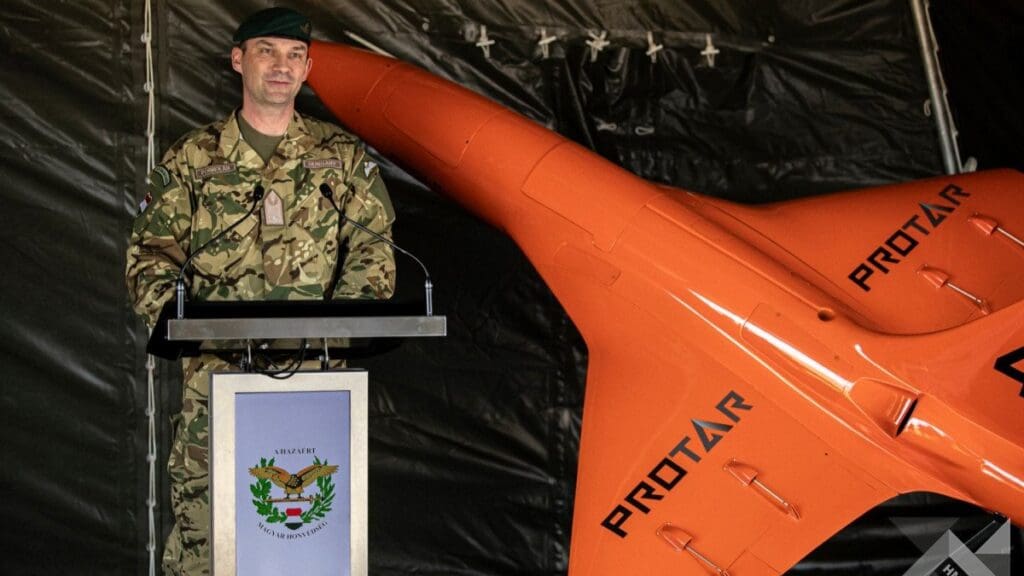
‘This drone is the result of several years of development work and the cooperation of Hungarian engineers,’ Imre Porkoláb, Ministerial Commissioner for Defence Innovation underlined.
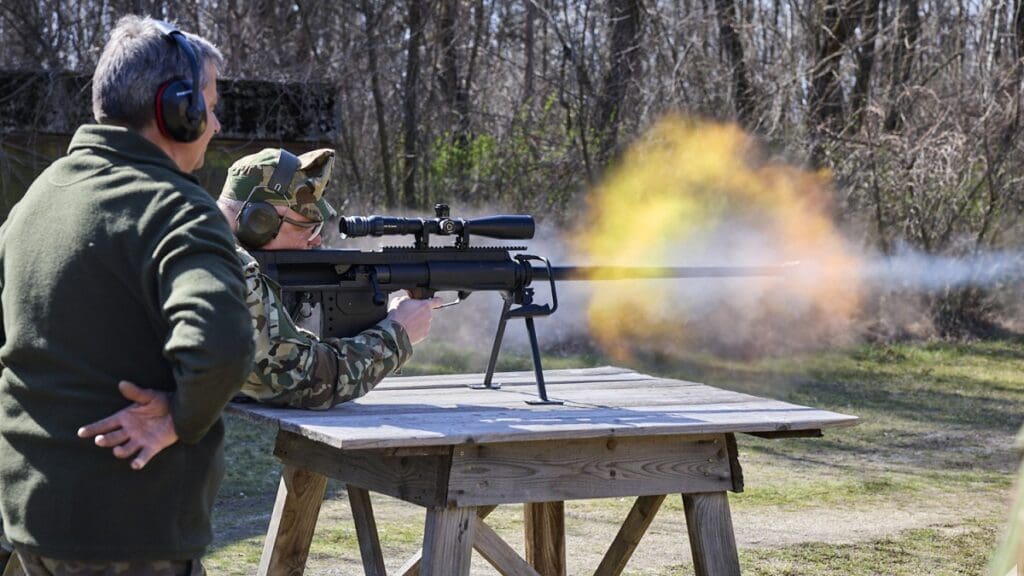
With the recent large-scale build-up of the national defence industry, Hungary is not only ensuring its own military equipment supply, but also contributing to the development of European defence industrial capabilities and thus enhancing the EU’s security.
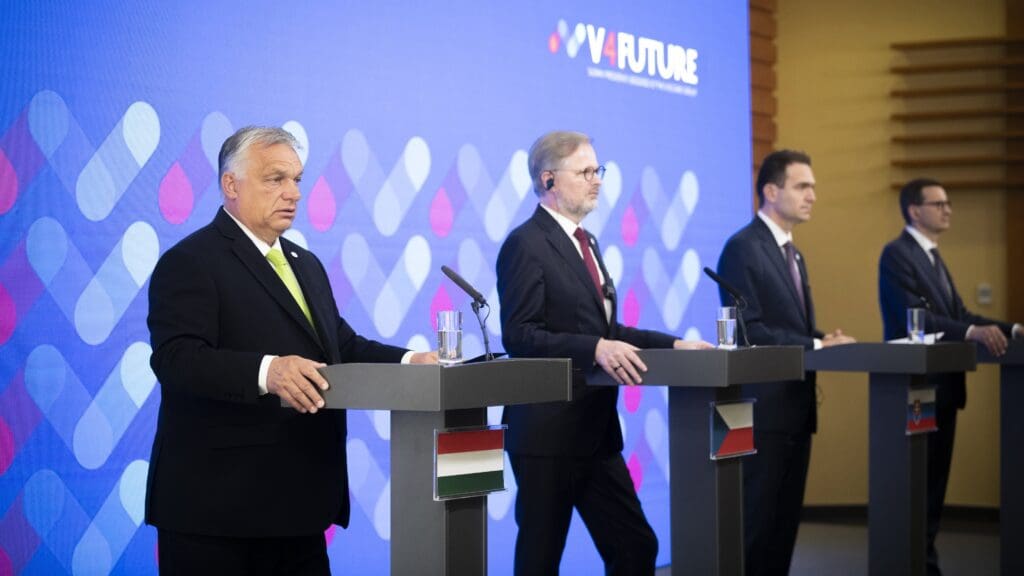
It appears that the Visegrád Four cooperation is once again revitalising itself along the lines of common interests. The green transition and its impact on industrial investment in Central Europe, European security or illegal migration are issues that have prompted the V4 countries, and the Poles and the Hungarians in particular, to once again join forces.
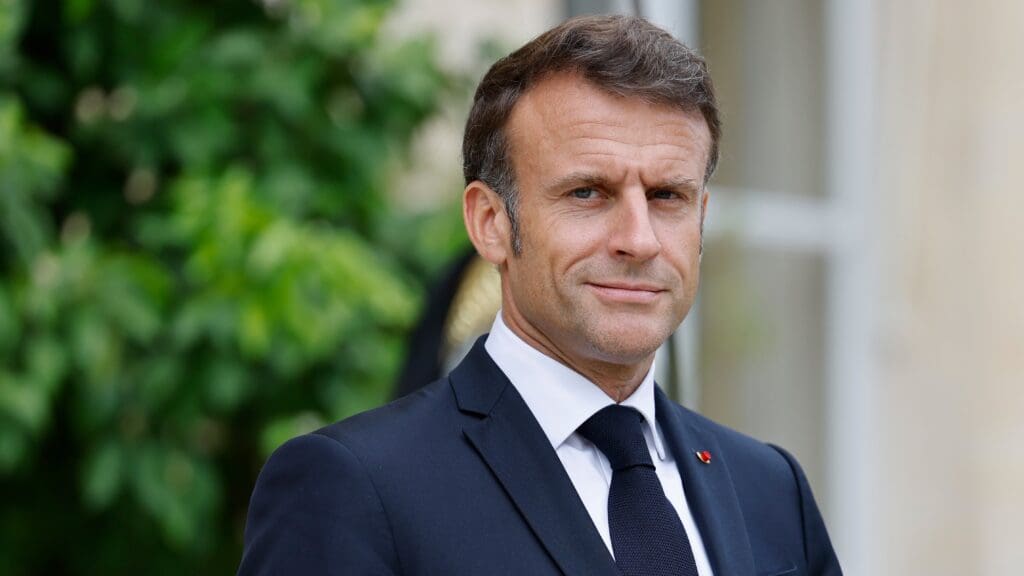
In addition to the French initiative, Hungary has also joined the German-initiated Sky Shield programme, which will further enhance its capabilities through joint procurement.

The best example of how pointless it is to interfere in these debates from abroad is the obvious difference between the Hungarian and Israeli legal systems, as Hungary has a written constitution, while Israel has no constitution at all, the minister pointed out.
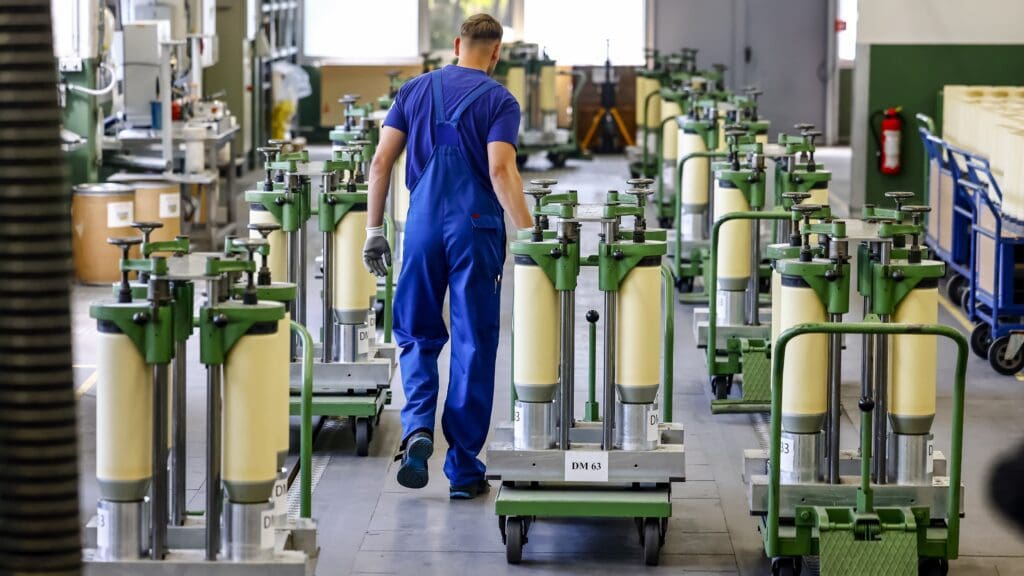
Rheinmetall is one of the few companies of its type with a proven track record of successful localisation projects. But that is only part of the story. Equally important was the trust that was built between the German corporation and the Hungarian government during the process of expanding cooperation.
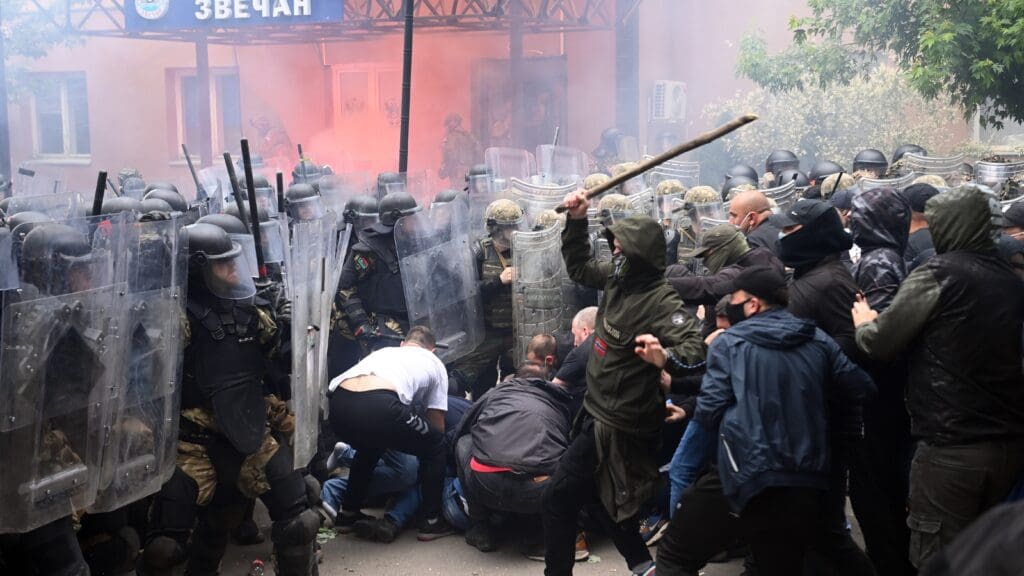
‘Despite their injuries, the Hungarian soldiers have shown brave commitment, and many of those who were able to do so have already returned to their posts,’ the Hungarian defence minister said after the clashes between KFOR troops and local Serbs in North Kosovo. The minister stressed that the stability of the Western Balkans is very important to Hungary, which is why it is present in the region not only diplomatically and economically, but also militarily in the framework of the KFOR mission.
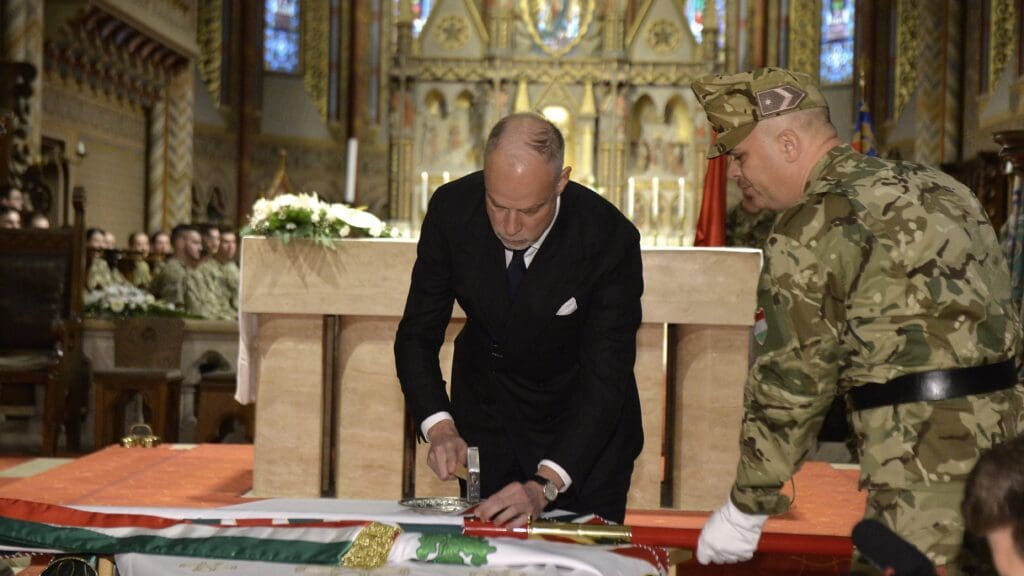
‘As a volunteer reserve captain, I have seen the internal state of the armed forces from the bottom up, and as a minister, from the top down. From both perspectives, it is clear that a profound organisational culture change is needed,’ Defence Minister Szalay-Bobrovniczky noted in a recent interview.

Hungarian Conservative is a quarterly magazine on contemporary political, philosophical and cultural issues from a conservative perspective.